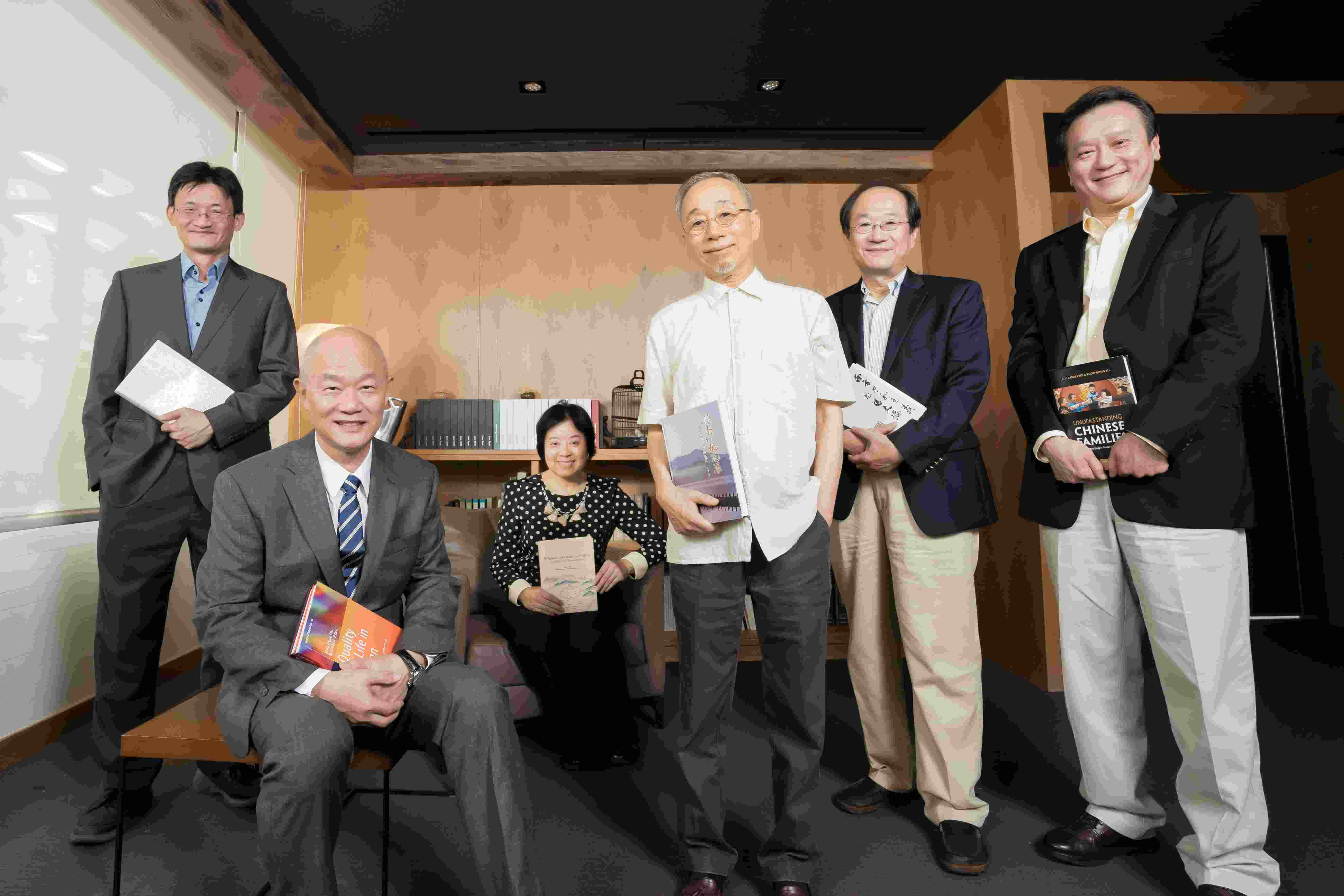- 演講或講座
- 生物醫學科學研究所
- 地點
生醫所地下室B1C會議室
- 演講人姓名
蔡曉涵 (TIGP-MM Student)
- 活動狀態
確定
- 活動網址
Recent outbreaks of viral infections, including influenza, Zika virus, and the ongoing COVID-19 pandemic caused by the SARS-CoV-2 virus, have heightened global concerns regarding infectious diseases and the need for effective vaccines. To address these challenges, this research focuses on exploring effective and innovative vaccine strategies that capitalize on the unique properties of nanoparticles to enhance immune responses and improve vaccine efficacy. The first study investigates the use of STINGactivating nanoparticles as a vaccine adjuvant for protecting against influenza virus infections. The results demonstrate that the STING-activating polymeric nanoparticles enhance both humoral and cellular immunity against influenza A virus and provide durable protection. In the second study, a significant focus of this research, we developed a follicle-targeting nanoshell vaccine that addresses the challenges posed by the antigenic drift and shift of the common vaccine antigen HA protein in seasonal influenza vaccines. This innovative vaccine strategy involves the co-delivery of the M2e antigen and a STING-agonist using nanoshells. The nanoshells efficiently transport M2e peptides to the follicular dendritic cell (FDC) network, resulting in sustained exposure of the peptides in B cell follicles and the induction of robust antibody responses. This approach not only represents a highly effective and translational universal influenza vaccine candidate but also introduces a nanoparticle design that specifically targets FDCs, enhancing the immunogenicity of the antigen. The third study focuses on the development of a CD8 T cell epitope encapsulated nanoparticulate vaccine for enhanced cellular immunity against the Zika virus. The CD8 T cell vaccine demonstrates improved protection without the antibody-dependent enhancement (ADE) effect commonly observed in traditional antibody-based vaccines. With the emergence of the COVID-19 pandemic caused by the SARS-CoV-2 virus, the fourth study addresses the challenge of viral variants escaping neutralizing antibodies induced by current vaccines. An immunodominance-tailored T cell vaccine is developed using conserved T cell epitopes as antigens. This approach induces a prominent lung resident T cell (Trm) response and prevents immune escape from viral variants, providing a potential strategy to combat current and future COVID-19 outbreaks caused by new virus variants. Overall, this thesis not only develops effective STING-agonist nanoshell vaccines but also introduces novel vaccine strategies, including FDC-targeting, T cell epitope antigen, and immunodominance-tailored nanoshell approaches, to combat infectious diseases. These findings contribute to the development of innovative and effective prophylactic measures against influenza, Zika virus, COVID-19, and other infectious diseases. The use of nanoparticle-based vaccines and tailored immune responses holds promise in addressing the challenges posed by viral infections and protecting global public health.
Taiwan International Graduate Program in Molecular Medicine, National Yang-Ming University and Academia Sinica
Doctoral Dissertation









 首頁
首頁

